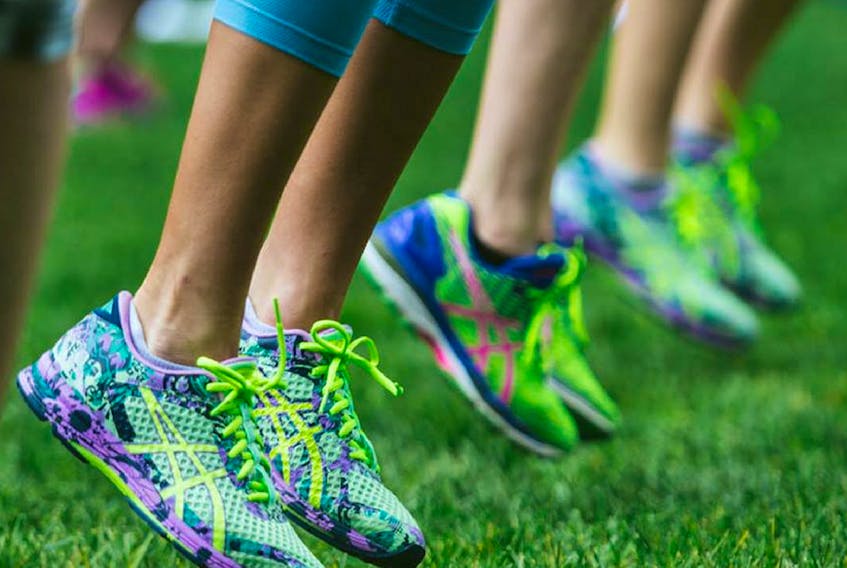It's June, and summer is on the way! With the warmer weather, we’re tossing aside our bulky winter coats and boots in exchange for shorts and sandals.
But for people who have diabetes, or other medical issues that may prompt foot concerns, sandals may not be the best option. Although they are great for those really hot days, sandals can potentially have a number of negative consequences that far outweigh any positives. More specifically, two common complications of diabetes include neuropathy (decreased or lack of sensation) and peripheral vascular disease (decreased blood flow), both of which can increase complications for those who enjoy going toes out for the summer.
One of the biggest issues with open sandals is that they can allow rocks or other debris to get under your foot. For someone, who has neuropathy and cannot feel the object, it doesn’t take long for this to cause a breakdown in delicate tissue.
But there are a number of things you can do to ensure your feet stay healthy this summer, according to www.woundscanada.ca:
- Ensure your blood sugar levels are kept under control, whether through diet, exercise, medication or a combination of all three.
- Exercise as tolerated and as recommended by your physician.
- Inspect your feet, daily. Look for any redness, blisters or broken skin. This may indicate that your footwear may not fit properly.
- Wash your feet, daily and make sure to dry them well, especially between your toes.
- Moisturize your feet, daily, but not between toes.
- Change your socks, daily.
- Wear your shoes inside and out.
- Have a certified health-care professional care for your feet on a regular basis. They will trim your nails and care for any other anomalies, such as callouses or corns.
- Have your footwear fitted by a certified fitter.
What can HealthQuest do to help you maintain healthy feet?
“Our team of wellness professionals includes a podiatrist, two pedorthists and a number of certified footwear specialists. We will perform a foot-care assessment to determine any risk factors you may have and we will measure your feet and make recommendations for footwear based on a professional assessment and any concerns you may have,” says Deanna Skinner, regional manager at HealthQuest, who adds that their certified podiatrist can provide preventative foot care, as well as diagnose and treat a variety of foot and ankle ailments, including calluses, ingrown nails and bunions.
For more information, drop by one of HealthQuest’s two locations at 300 Kenmount Rd. in St. John’s or 28 Cromer Ave. in Grand Falls-Windsor or you can visit their website at www.healthquestnl.ca.









